When the Grid Hits the Fan: Why Demand Response Needs an Edge – Literally
When your commercial customers flip the switch during a summer peak event, are you reacting – or are you ready?
Demand Response (DR) is having a moment. With grid pressures mounting from electrification, extreme weather, and decentralization, DR programs are no longer optional – they're critical. But the real challenge? Making them intelligent, automated, and mutually beneficial.
Utilities have long-incentivized commercial and industrial (C&I) customers to reduce or shift electricity usage during peak times. It’s a win-win: customers save on bills, and utilities avoid the expensive, carbon-heavy spike in generation. But conventional DR is reactive. What utilities need now is proactive orchestration – and that’s where grid-edge innovation steps in.
Flexibility Needs Foresight
Commercial facilities aren’t dumb loads anymore. They’re dynamic ecosystems with rooftop solar, battery storage, EV fleets, and IoT-driven operations. Telling them to "power down at 5 p.m." isn’t going to cut it.
Enter edge processing and advanced optical sensors. Together, they’re turning the edge of the grid into the new brain of the grid.
Platforms like certusEDGE enable real-time grid monitoring, fault prediction, and automated DR execution – without waiting for centralized control. These devices live where the power flows, speak the language of the grid in microseconds, and make decisions in real time. That means utilities can:
- Detect and respond to voltage sags, overloads, or anomalies before they cascade.
- Pinpoint power quality issues at commercial nodes.
- Enable precise, location-based DR signals.
- Quantify the grid services that C&I customers provide – making regulatory reporting easier and rate structures fairer.
The Optical Edge: Not Just Hype
Advanced optical sensors deliver high-fidelity, EMI-immune measurements across multiple parameters simultaneously – voltage, current, harmonics, and more. Unlike legacy CTs and PTs, they don’t just monitor – they empower decisions. When paired with edge processors, they form a "digital nervous system" for the modern grid.
Challenges? Sure. But Nothing Worthwhile Is Easy.
DR programs must overcome hurdles: interoperability, cybersecurity, customer buy-in, and regulatory clarity. But modern grid-edge platforms help clear these barriers by:
- Standardizing data outputs for easy integration.
- Providing end-to-end encryption and localized decision-making.
- Offering clear, data-driven ROI for customer-side flexibility investments.
Bottom line: Demand Response is evolving. It’s no longer just about asking commercial customers to dial it down – it’s about giving utilities the tools to dial it smart. And the smartest tools live at the edge.
Grit at the Grid Edge: Evolve or Get Left in the Dark
The grid isn’t getting any gentler – and neither should we. As demand peaks grow sharper and the stakes get higher, utilities need more than legacy tools and hopeful guesses. Demand response must evolve from a blunt instrument into a scalpel, surgically precise and brutally efficient. That’s only possible with real-time data, optical sensing, and edge processing that puts intelligence where the pressure is highest. The utilities that harden their systems at the edge won’t just survive – they’ll lead. The rest? They’ll be chasing blackouts with clipboards.
Ready to trade guesswork for grid-smarts? Precision starts with real-time data and ends with proactive control. Our experts know how to turn edge intelligence and optical sensing into your competitive advantage. Book a meeting today and discover how digital clarity can transform demand response from a compliance checkbox into a strategic powerhouse.

